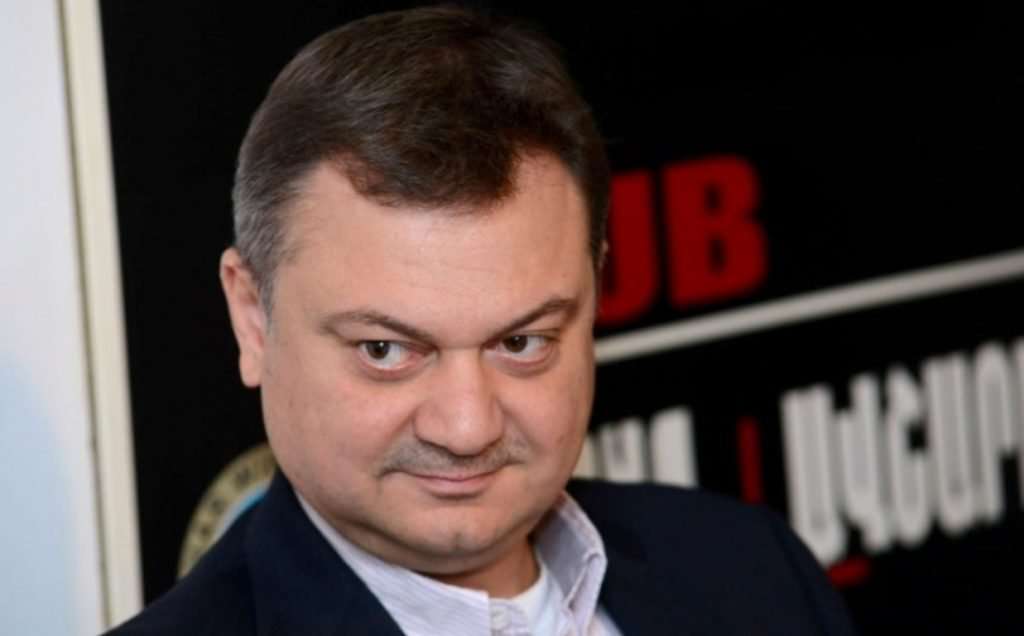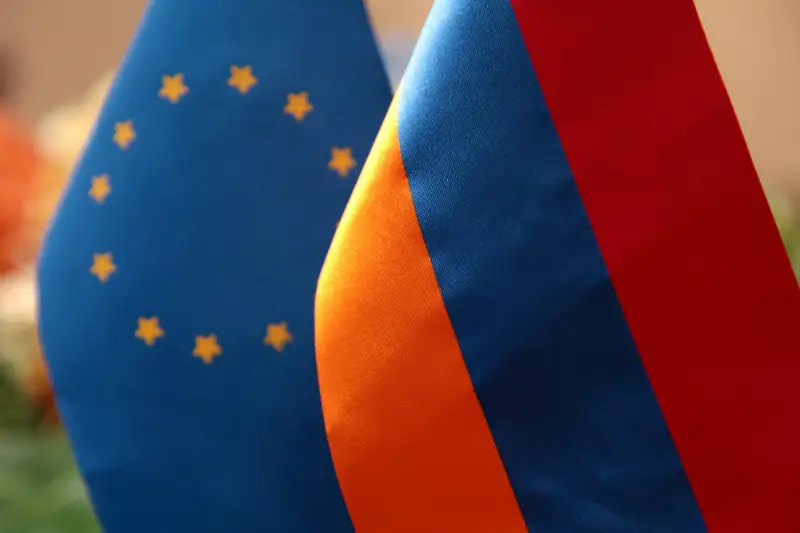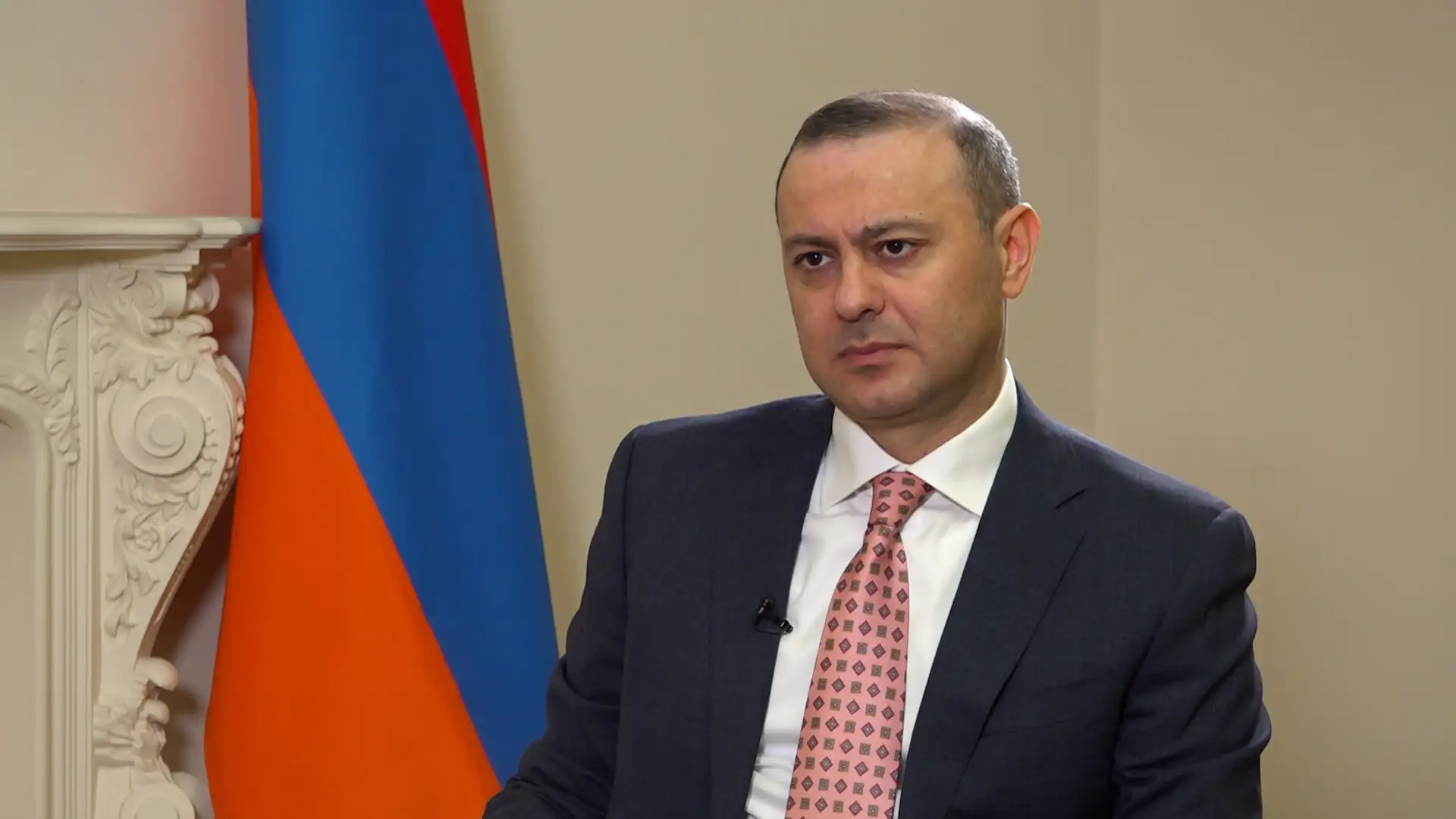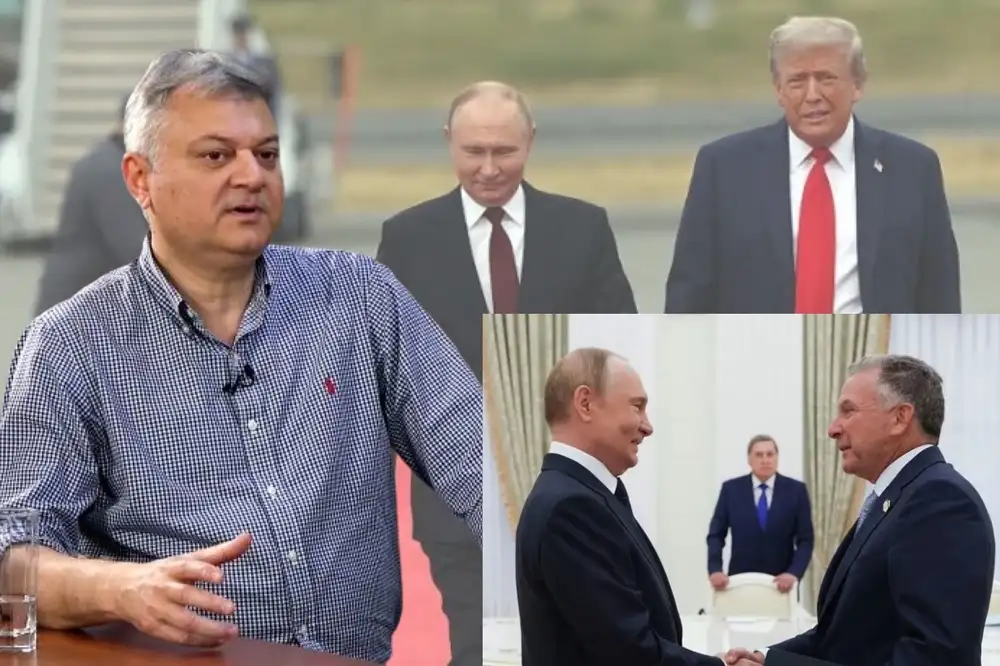The interlocutor of Radar Armenia is Shahan Gantaharyan, an international scientist and analyst.
- In the recent period, statements about whether to use nuclear weapons have intensified between Russia and the West. The US president has stated a great danger of a nuclear war. How do you interpret the situation and the statements? How serious are these concerns and threats?
- Rhetoric, in this case, generally follows the events. There are also announcements of a ceasefire and the start of negotiations, which are not implemented or are rejected by the warring parties. The war did not become universal and large-scale. There are target zones, although sometimes the geography of these zones expands. Going nuclear is mainly within the threat range, at least at the moment.
- How do you see the outcome of the situation? No matter how much the parties agree, it is evident that the use of nuclear weapons will be the greatest disaster.
- The war has grown from purely military to hybrid, including propaganda, economic, informational, and public, with broad perceptions and directions. It should be understood that this is not a Russia-Ukraine war but a collective West-Russia war with its gravest consequences. It is the war of formation of a new world order, the results of which are borne by the countries of different parts of the world, first of all, in Europe.
- Iran, in turn, declares that it can create nuclear weapons, but it does not do so. Will this impact regional developments if Iran also withdraws from the nuclear non-proliferation treaty?
- Iran's statement should be considered about the Vienna negotiations. It should also be noted that West-Iran de-escalation trends exist in different geographical regions. By and large, the rapid isolation of Russia is accompanied by the slow de-isolation of Iran.
Hayk Magoyan




















